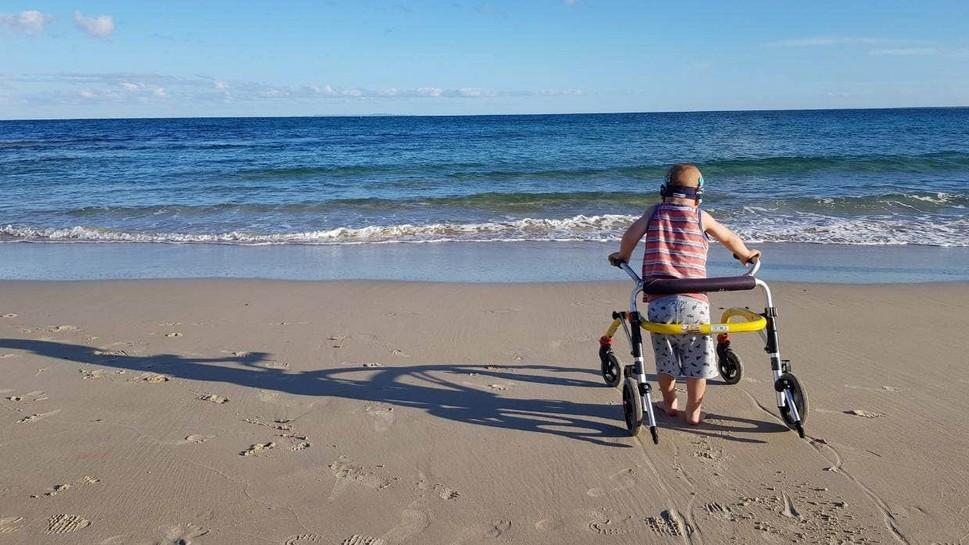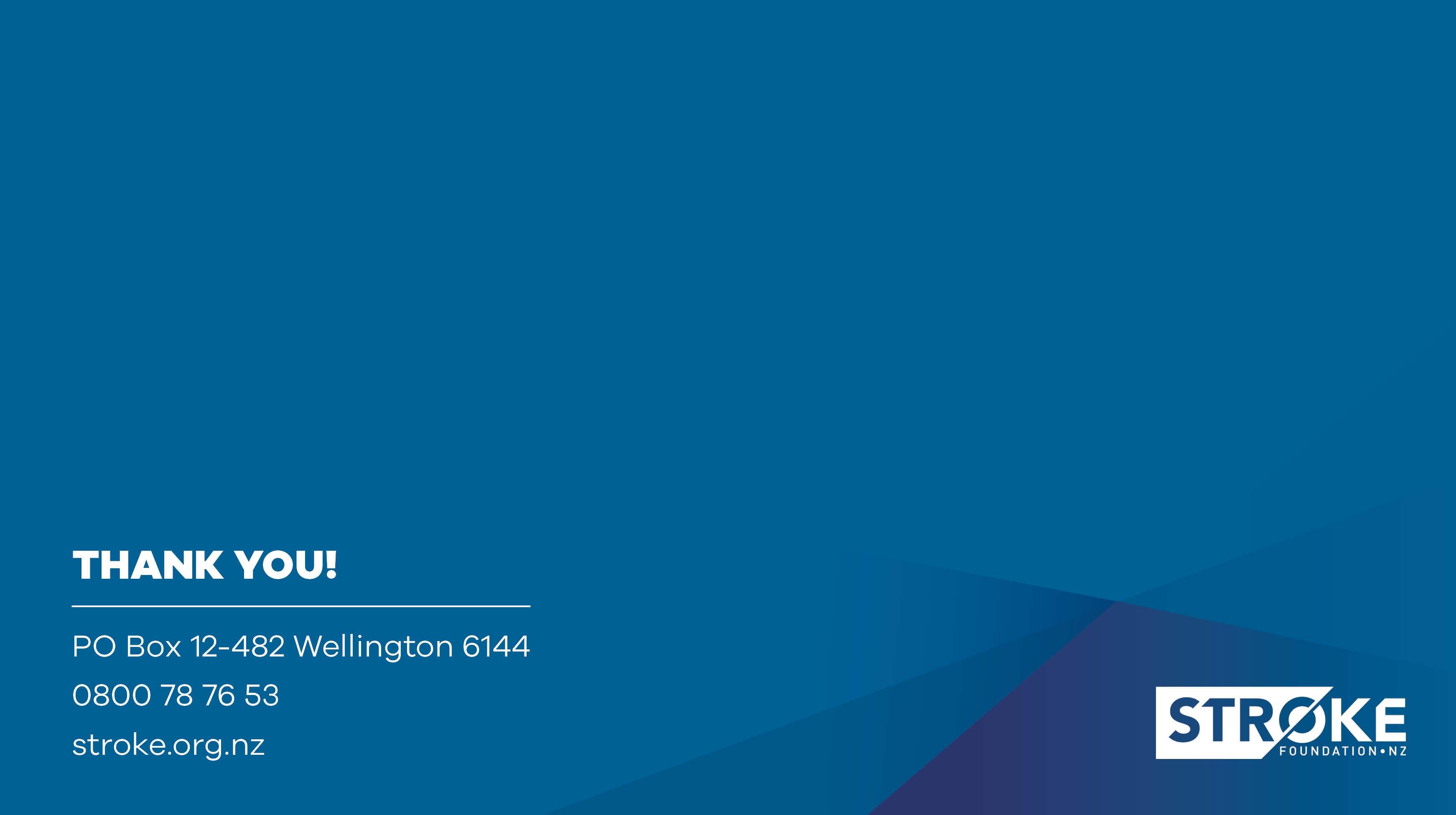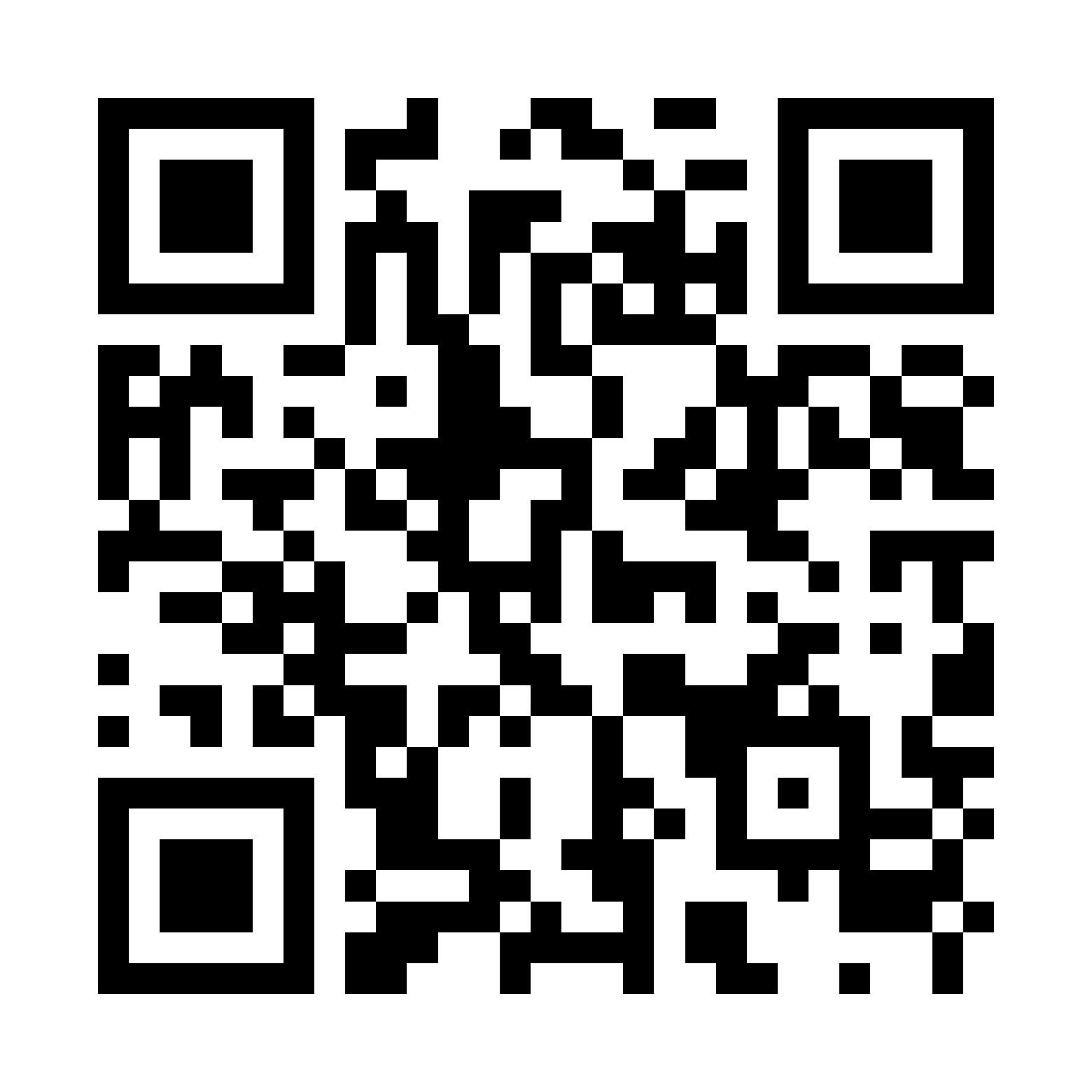

Provider Forum

March 13, 2024

Whakataka te Hau
Karakia Tīmatanga (opening)
Whakataka te hau ki te uru
Cease the winds from the west
Whakataka te hau ki te ton ga
Kia mākinakina ki uta
Kia mātaratara ki tai
E hī ake ana te atakura
Cease the winds from the south
Let the breeze blow over the land
Let the breeze blow over the ocean
Let the red-tipped dawn come with a sharpened air
He tio, he huka, he hau hū
Tīhei mauri ora!
A touch of frost, a promise of a glorious day

Speaker
Session
Welcome & Karakia Tīmitanga
Lindsey Webber, CEO, WBoP PHO CEO & Board Update
Nadia Du Plessis, Operations Lead, CHIRP
Elizabeth Earles, Community Liaison, CDS
Jo Lambert, CEO, Stroke Foundation of New Zealand
Child Health Integrated Response Pathway (CHIRP) & Child Development Service (CDS)
Take Charge After Stroke
Phil Back, General Manager of Network Services, WBoP PHO
Dr Claire Isham, Clinical Director, WBoP PHO
System Level Measures
PHO Clinical Updates
Closing & Karakia Whakamutunga


Child Health Integrated Response Pathway

For all Tamariki and their whānau, who have developmental, attentional and/or behavioural concerns of clinical significance to experience timely, responsive and integrated care that matters to them.


The problems we are trying to solve
“Let’s Work Together”

Confused pathways to access support
Long waiting lists
Children falling through gaps or not getting anywhere
Duplication of service
Inequity of access
Fragmented and siloed approaches to service delivery
Not capturing demand/unmet need across the population
Services no longer configured to meet the growing demands of the population Service centered response – criteria driven
Acute/crisis presentations that could have been avoided with earlier proactive intervention
CHIRP CHIRP CHIRP CHIRP CHIRP

Single point of referral has allowed us to more accurately track demand across all services for neurodevelopmental diagnostic assessment
2021 - 3D recorded an average of 25 Tamariki per month referred for assessment (other referrals into specialist services not captured)
2022 – CHIRP recorded an average of 76 Tamariki per month referred for assessment
2023 – CHIRP recorded an average of 107 Tamariki per month referred for assessment
Referrals:

CHIRP is a triage service for neurodiverse children aged 14 years and younger.
Referrals can be made by GP’s, school’s or other community service providers.

Exclusion criteria: CHIRP do not assess for learning difficulties or auditory processing disorder. ADHD is not assessed for children under the age of 6 years.
Referral forms, parent and teacher questionnaires, Vanderbilt Screening for ADHD available online.
Please expect that there will be some waiting time from the point where CHIRP receives the referral, to gathering information, and sending on the appropriate pathway. The website includes Resources which referrers can look at to support families.
BPAC Hauora a Toi Bay of Plenty
Design and Test an ‘Integrated Pathway’ for ADHD/ASD Ko te ahurei o te tamaiti arahia o tatou mahi.

• Let the uniqueness of the child guide our work
• Be needs driven not criteria driven
• Plan the response according to the needs of the child
• Choose the best combination of specialists for the child rather than the service.
• Provide timely, collaborative, meaningful and holistic assessments
CHIRP CHIRP CHIRP CHIRP CHIRP



QbCheck overview
QbCheck is CE marked, TGA registered, and FDA cleared for use as an aid in the assessment and treatment evaluation of ADHD.

QbCheck is the first online ADHD test identifying a patient’s likelihood of having ADHD-like symptoms.
It includes:
> facial recognition technology to measure activity
> tests of sustained attention and impulsivity
> a subjective rating scale aligned with DSM-5

QbCheck adjusts for age/gender (biological sex) and compares results against a group of individuals with and without a clinical diagnosis of ADHD.
Time to Diagnostic Decision Measures
Future plans:
Expand on the new CHIRP Eastern Bay of Plenty Service
Continue development of the Adolescent ADHD Pathway

Investigate new opportunities for ASD Pathway
Te Waka Aorangi – Child Wellness Centre


Child Development Service (CDS)
Who we are and what we doWho we are
Community based team providing interventions and therapy to children with developmental needs and/or disability
• Visiting Neurodevelopmental Therapists (working with 0 – 2 years)
• Physiotherapists
• Occupational Therapists
• Speech Language Therapists
• Dietitian
• Psychologists (autism and intellectual disability diagnosis)
• Autism Spectrum Disorder (ASD) Coordinator
• Paediatricians
• Therapy Assistant
• Incredible Years Autism

What we do





Areas we might assess
•Gross motor skills
•Fine motor skills
•Feeding (functional and nutritional deficiencies)
•Self-care
•Specialised equipment needed for the home
•Home safety adaptation
•Language and communication (under 2 years)
•Intellectual function
•Autism diagnosis
Following assessment, intervention/therapy is planned with the child and family to meet their identified needs.

What we do
Group therapy, support, education:




CDS Eligibility Criteria
Age: 0-16 yrs
AND
have a physical, sensory or intellectual disability or combination
which is likely to continue for a minimum of six months. OR at risk of developing such a disability OR have developmental delay.
OR Suspected Autism Spectrum Disorder.

Referral examples
• Gross motor delay (eg not sitting at 10/12)
• 15-18/12 with speech concerns and motor delay = ?
ASD
• Delayed head control at 6/12
• Strong hand dominance/preference <12/12
• Autistic traits (for diagnosis)
• Sensory/functional issues (detail ++ in referral form)










WBOP PHO PRESENTATION
STROKE FOUNDATION

MARCH 2024
PRIMARY CARE AND COMMUNITY SERVICES; WORKING TOGETHER TO ACHIEVE
EQUITABLE HEALTH OUTCOMES FOR STROKE SURVIVORS

• Improving integration
• Improving access
MISSION:
PREVENT STROKES, IMPROVE OUTCOMES, SAVE LIVES






THE NUMBERS
• c10,000 strokes per annum
• NZ’s largest cause of adult disability, 2nd highest cause of death
•

•
80% Pakeha >65yrs, 60% Māori <65yrs
4,500 referrals to SFNZ
•
2,800 clients receive support – 70% L1 (telephone)
• $1,100,000,000 per annum - <$1,700,000,000 by 2035

INTEGRATION AND ACCESS CHALLENGES
• Stroke pathway is inconsistent and dominated by hyper acute and acute rehab services
• The continuum of care is disconnected / broken – referrrals are made to primary care, but don’t always get picked up
• Community based rehab is a post code lottery
• Stroke patients “fall off the edge of a cliff” on discharge
• We can achieve more by working together, and supporting primary care to triage the practical and psycho-social needs of stroke patients
• We all want people to live longer and more independently after their stroke, return to work, and reduce the burden of care on whanau
• People are missing out on essential services for their

INTEGRATION AND ACCESS SOLUTIONS
• Champion a consistent pathway between primary and secondary, and remove the rehab postcode lottery
• Each practice might have only 5 new stroke patients each year – this is not an enormous workload
• Summary discharge already flows to primary care
• We can support you to keep your enrolled patients living more independently in their homes after stroke
• We can help you identify whanau at risk, because of strokes –the carers and rangatahi
• Support Take Charge After Stroke implementation – using consistent approach
• Support take up of rehab tools for wider use
OUR LIFE BEFORE STROKE SERVICES

• Community education about stroke risks
• Free BP and AF testing in priority areas
• Industry collaborations to improve employee health
• FAST awareness and online training
• Lived Experience Advisory Panel to inform our mahi
• He Taonga online programme to reduce stroke risk and raise awareness
OUR LIFE AFTER STROKE SERVICES

4 pou:
SERVICE CATEGORIES

SC1
• Telephone support
• Online resources
• Information packs
• SC1, and
• Take Charge After Stroke
SC2
• Individual Support Plans
• Life After Stroke Book
• Introduction to stroke clubs
• SC2 and:
SC3
• Multiple in-home visits
• More connections and support
• Extended engagement

TAKE CHARGE AFTER STROKE
580 TaCAS session in 12 months

339 Follow up sessions

THE FUTURE MEANS
• SFNZ can work alongside your practices to raise awareness of:
• Stroke risk – early identification, BP, AF etc.
• FAST message and access to urgent intervention
• Post stroke information, services and entitlements –e.g. Return to Work support, funding for driving assessments, TaCAS, Total Mobility Cards, Community support groups, peer support
• Being brave through new collaborations and collective impact
• Amplify our voices, to achieve system change
• Working smarter together – we each do what we do best
– we can be your stroke backbone

System Level Measures
Manawa Te Taki regional approach

Ambulatory Sensitive Hospitalisations (ASH) 0-4
Improvement Milestones
• 10% improvement in immunisation rates for tamariki Māori, Pacific tamariki at 24 months by end of June 2024
• 90% of Māori newborns and Pacific newborns fully enrolled with a primary care provider by 12 weeks of age
Activity
• Maintained and enhanced activity focused on improving coverage, particularly for Māori and Pacifica.
• Extend capacity for provision of immunisations across community providers.
Acute Bed Days
Improvement Milestones
• Reduce acute bed days by 4% for Māori and Pacific people by the end of June 2023.
Activity
• Improved seasonal flu vaccination coverage
• Development of local Immunisation collaboratives
• Enhanced range of available services under EPCC (Enhanced Primary and Community care) programme of work.
Whānau Experience of Care
Improvement Milestones
• Whānau voice framework developed and being implemented for Comprehensive Primary and Community Care Teams (CPCT) in Te Manawa Taki.
• All General Practices have accessed their most recent Patient Experience of Care Survey (PES) and identified areas of improvement.
Activity
• PHOs use their learning networks to refresh General Practice understanding of the value and data available in the PES.
• PHOs and General Practices identify themes and have focused improvement activity (could be regional, within PHO or within a Practice).
Amenable Mortality
Improvement Milestones
• CPCT (Comprehensive Primary and Community Care) can be accessed across Te Manawa Taki.
• Increased and equitable uptake of pharmacotherapies for CVD risk reductions and improved diabetes management.
Activity
• PHOs support practices to implement CQI processes on current prescribing inequities with a focus on medications for type 2 Diabetes.
• PHOs support practices to implement CQI processes on current prescribing inequities with a focus on medications for dual and triple therapy for CVD risk.
Youth Access and Utilisation
Improvement Milestones
• Improve knowledge of, and navigation to mental health and wellbeing services for youth.
• Vaccination rates for MMR1, MMR2, and HPV.
Activity
• Strengthen the connection between General Practice and youth mental health and addictions services across Te Manawa Taki.
• Local IPMHA collaboratives/services create focused upskilling opportunity around youth wellbeing with their aligned primary care teams.
Babies Living in Smokefree Homes
Improvement Milestones
• Increase the proportion of babies living in smokefree homes 5% by 30 June 2024.
Activity
• Support increased uptake of the Gen2040 Best Start Pregnancy, and second Trimester kōwae in General Practice settings.
• Increased awareness of hauora Māori pregnancy and parenting classes and Stop Smoking Services across Te Manawa Taki.
Associated SLM Funding
Practice payments based on 1 July 2024 ESUs.
• Payments have now been received from Health NZ, Te Whatu Ora representing 75% of available SLM funding for the 2023-24 financial year.
• Monthly payments based on assumed activity and achievements will be instituted from March, backdated to July 2023, against that 75% funding received.
• Final 25% payment is not due until September 2024 and will be reflective of actual achievement against SLM Milestones and associated Activity.


PHO Clinical Updates
WBoP PHO Clinical Advisory Team
PHO Provider Forum Email Sign Up

• Join now for WBOP PHO Provider Forum invit es and updates. (confirmsubscription.com)
• PHO Events & Recordings | Western Bay of P lenty PHO (wboppho.org.nz)




https://portal.wboppho.org.nz/practice-news/


Scan
phone’s camera
Decypher Interpretation Services

• Decypher provide interpreting and translation services in over 60 languages.
• If the patient/client is with you at the time of the appointment from your mobile phone, please call Decypher at 0800 351 001 and we will transfer the call to the interpreter.
• If the patient is not with you at the appointment, here is how to make a threeway conference call:
1.Call Decypher at 0800 351 001
2.While being on hold waiting for Decypher to connect with the interpreter press Add call and call the patient.
3.Then press Merge, and you can do the conference call.
• The WBOP PHO funds the Decypher video and phone interpretation services for it’s WBOP PHO members, however face to face interpreting (on site) and written translation services will need to be self funded by the requesting General Practice.


Workforce Pressures Reporting
Background

• During winter 2022 Te Whatu Ora requested regular workforce reporting to identify pressures within primary care.
• A weekly workforce capacity tool was developed which has seen good uptake across the network.
• Results have been consistently reported up to Hauora a Toi Bay of Plenty's Integrated Operations Centre.
• Average Response rate has been 60% over the 17 month period Aug 2022- Dec 2023.
• 25 practices participated to some degree, 16 practices have provided regular updates.
• The WBOP PHO accumulated workforce capacity data for a 17 months period (August 2022 to December 2023).

VRM Overview
What is it?
• The system used in Secondary & Tertiary care nationally to evaluate service capacity and workforce pressures.
How is it calculated?
• In order to calculate a VRM score we ask a question/s across dimensions. These responses are then given a score and weighted against each other. The aggregation of these scores is your overall VRM score
Limitations
• It can only consider when information is completed and obscures any pressure that isn’t updated regularly as change occurs in the practice
Outline of Status definitions
• VRM Status Scores
• Green 0-19
• Capacity is able to meet demand
• Yellow 20-48
• Early variance - Practice is stretched to capacity. There is more stress on services than usual.
• Amber 49-77
• Significant capacity deficit - Practice is working past its maximum capacity. Non-acute care is probably being deferred.
• Red 78-100
• Critical capacity deficit - Practice capacity is critically degraded. Acute and non-acute care is being deferred or redirected.

PHO Overview

Total Reported Staff Absences

Reported Wait Time for next routine appointment
Service Delivery
• Care was deferred 322 times in the WBOPPHO network during the sample period
• Average number of deferred care instances was 11.9 per participating practice
• The highest number of reported instances of deferred care was 60 across the 71 weeks we have data


What is the Primary Care Resilience Tool?
For each Practice/Clinic/Pharmacy/Service:

Open or closed
(incl. partially closed or virtual only)

Workforce pressures (clinical and non-clinical staffing levels)

Resource pressures (critical supplies, IT, infrastructure)

Overall status (red, amber, green)

Approximate wait times (GP and UCC only) (third next available appointment for routine and urgent + virtual and walk in)

Free text
(direct comments and feedback)








Key Messages

• This reporting provides Te Whatu Ora with visibility regarding primary care workforce pressures.
• Ensures primary care data is being considered in TWO IOC (Integrated Operations Planning) alongside the sophisticated hospital capacity reporting.
• Preparation for emergency planning – becomes BAU, so when it’s no longer BAU these systems are already well embedded.
• Creates excellent baseline data in order to develop powerful workforce planning reporting to inform: Demand, Supply and Equity.
• Once familiar with the new PCRT system it will take a staff member 2 minutes per week to complete.

New HPV Dashboard - Thalamus

• Thalamus_Report-HPV_Population_March2024.pdf (wboppho.org.nz)
• Resources | Western Bay of Plenty PHO (wboppho.org.nz)


CME/CNE Sessions

Community Based Attachment
(CBA) Funding
• To address current and forecast workforce shortage GPs, funding is being provided to general practices to host CBAs.
• Provides a fee of $3,600 to general practices for each 3month CBA placement they host.
• These placements provide PGY 1 and 2 doctors with valuable experience working in primary care. This experience can also lead to registrars choosing general practice as their vocation.
• How can you get involved? Reach out to your local District Resident Medical Officer (RMO) unit.
• More info here


Covid Updates

• RAT tests availability extended to June 2024
• Stock of the antiviral medicine Molnupiravir are now expired and no longer available in Aotearoa NZ.
• Covid-19 Pre-Vaccination Consultation funding ending March 31.
• COVID-19 information for health professionals – Health New Zealand | Te
Whatu Ora


Diabetes Project: New Info
Box for BPAC Referrals


Revised ACC Concussion Guidelines


Acute Demand Referral Process

Kia tau
Karakia
Whakamutunga (closing)

Kia tau
Kia tātou katoa
Te āio, te aroha me te marutau
Tīhei Mauri Ora
May peace, love and safety
Be upon us all
Let there be life

Thanks for coming!
Our next Provider Forum is on April 24.
See you then!

For any queries in the meantime, please email
NSAdmin@wboppho.org.nz
